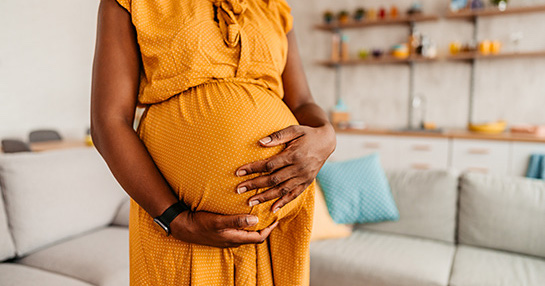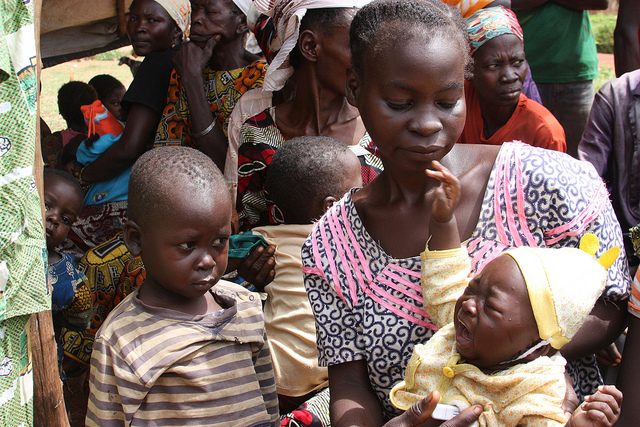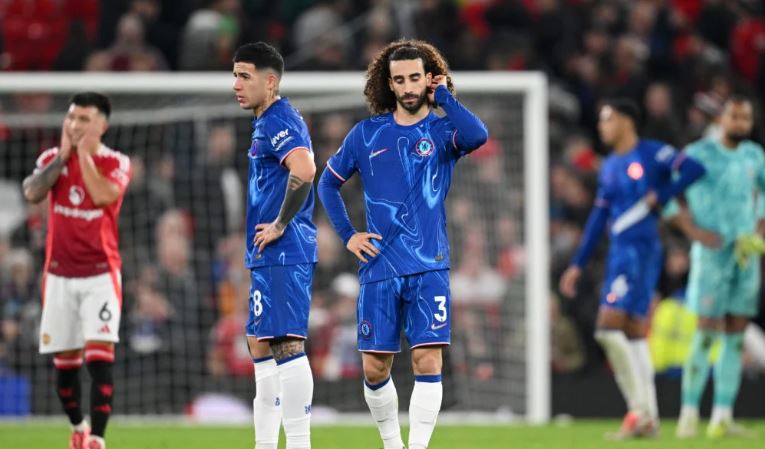With holiday season underway, you may be realizing that you forgot to get your COVID-19 and flu vaccines, and now you’ll be sitting across the table from your elderly relatives.
The good news is that it’s not too late to get your shots, but what about knocking them both out at the same time? The US Centers for Disease Control and Prevention say this is an option, but should you?
A recent study of Medicare claims data found a slightly increased—but still very rare—risk of stroke for seniors who get a high-dose influenza vaccine and a COVID-19 shot at the same time. The risk was about 3 strokes for every 100,000 doses of Pfizer’s bivalent COVID vaccine and about 3 transient ischemic attacks for every 100,000 doses of Moderna’s bivalent COVID vaccine. Other studies have not found the same risk, leading the CDC and US Food and Drug Administration to say there’s no change to their vaccine recommendations at this time. The COVID-19 vaccines were updated this year to target one strain of the coronavirus rather than two.
Beyond that, getting both shots at the same time does seem to make it a bit more likely that you’ll experience a temporary reaction to the shots; the most common symptoms reported in a government study were fatigue, headache, and muscle pain.
CDC Director Dr. Mandy Cohen told CNN that the most important thing is for people to get their vaccines at all times and that early in the respiratory virus season is a good time to do it.
"It is definitely OK for you to get multiple vaccines on the same day,” Cohen said. “I would talk to your doctor or nurse practitioner about what’s right for you.”
Does co-administration affect protection?
But what about effectiveness? Does getting both shots together affect how well they work?
Here’s where there might be an upside.
A small study presented at the recent Vaccines 2023 conference in Boston found that health care workers who got flu and bivalent COVID-19 shots on the same day had higher antibody responses right after they got them, as well as six months later, compared with people who got their shots on different days.
Susanna Barouch, a high school student in Cambridge, Massachusetts, who led the research, said she thinks that giving the shots at the same time may cause the immune system to react more strongly to shots. “The flu vaccine might have been an adjuvant for the COVID vaccine,” she said.
But this hasn’t been the only study to look at the question, and perplexingly, other studies have come to the opposite conclusion or found essentially no difference between giving the vaccines together or one at a time.
This is one of the first studies to find that co-administration increases antibody levels, and Barouch says its findings need to be replicated before they’re accepted as fact.
Health

.jpg)









